Michigan natural topography is perfect for mosquitoes in several ways. First, the bloodsuckers need water to reproduce and grow. They’re most attracted to standing water found in wetlands. Next, mosquitoes prefer heavily forested areas. Finally, they love humid environments. Michigan’s wetlands, forests, and humid summers make it a mosquito paradise.
Just because there are mosquitoes all over Michigan doesn’t mean they have to be all over you, however. No matter how nasty the mosquito season gets this summer, you can take steps to keep yourself safe from them. All it takes is understanding what they want and how you can keep them from getting it. We can help with that. Here’s what you should know about Michigan’s many mosquitoes, and how to keep them away:
When are mosquitoes most active?
Everybody knows summer is mosquito season, but just how bad that season will be is actually determined in spring. Mosquito population rises and falls based on humidity, temperature, and rainfall. The easier it is for the pests to access standing water, the more frequently they’ll reproduce and lay eggs. The more it rains, the more rainwater collects in the form of puddles, run-off, and other standing water. Mosquitoes lay eggs wherever puddles are available, and the mosquito population explodes.
Like most insects, mosquitoes are also cold-blooded, meaning they rely on external heat to keep them warm. Developing mosquito such as eggs and larvae are particularly sensitive to external temperature. Mosquito larvae can’t grow until the air temperature is at least 44°F. The higher the air temperature, the faster mosquitoes grow. The faster they grow, the faster they can mate… and produce more mosquitoes. Warm, rainy springs mean huge mosquito populations come summer time.
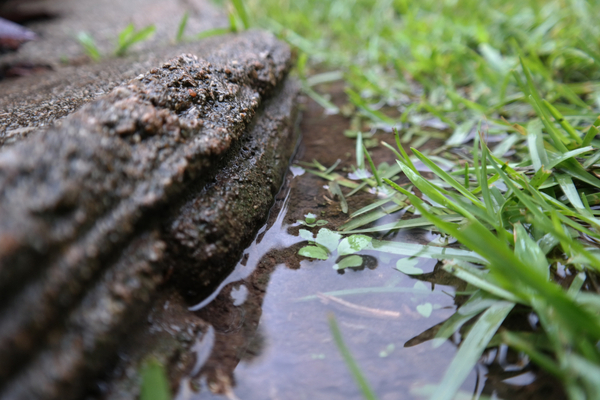
Why are so many mosquitoes around me?
When we say standing water, you probably picture puddles, brackish ponds, and swamps. Those all certainly count, but they aren’t the only water sources that attract droves of the bloodsucking pests. Mosquitoes only need a tiny amount of moisture to survive, thrive, and reproduce. Mosquitoes are attracted to any environment where the ground remains wet for long periods of time. If those environments happen to be shady, warm, and near food, they’re even better.
If you feel like there are too many mosquitoes near your home, it’s probably because they’re reproducing nearby. They prefer to live outside, but they can and will reproduce anywhere with standing water. The more water and warmth they have, the faster they’ll hatch, grow, reproduce, and lay more eggs. A mosquito can also re-use the same sources of water over and over. If you have a hidden puddle in your home, they’ll use it to multiply all season long.
Are mosquitoes dangerous?
Yes, unfortunately, mosquitoes can be dangerous. Mosquitoes are infamous for biting people and sucking their blood. The bloodsuckers are one of the most medically important–and problematic–carriers and spreaders of dangerous diseases worldwide. They can carry and transmit Malaria, Zika virus, the West Nile virus, and other dangerous diseases via their bites. Some mosquitoes in Michigan are confirmed to carry the West Nile virus. Mosquito-driven outbreaks of the West Nile virus have occurred in Michigan every summer since 2002.
West Nile virus is actually an infection carried in the blood of birds. Mosquitoes of the Culex genus pick up by feeding on an infected bird. Then, when they feed on people, they pass the virus on via their saliva. About one in 150 people infected with the West Nile virus experience severe symptoms. It’s most dangerous to people over 50 years old or with pre-existing medical conditions. 80% of people infected by the West Nile virus display no symptoms at all.
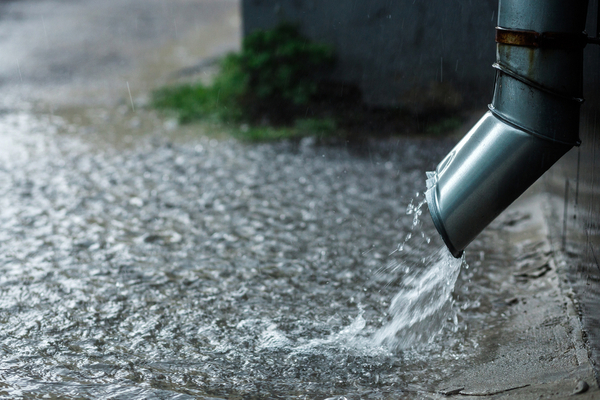
How can I keep mosquitoes away from my home?
Now that you know what mosquitoes want, you should have a good idea of how to prevent them. Keeping mosquitoes away from your home is about controlling their access to moisture. Start inside. Look of any hidden plumbing leaks, or sources of excess condensation or runoff. Make sure your basement, attic, and lower levels are dry. Consider investing in a dehumidifier. Try to find and patch up drafts, as they can leak hot air inside and generate humidity.
It’s trickier to prevent mosquitoes outside, because they require so little moisture. Start by testing your drainage system. Make sure your gutters successfully catch water and it off of your roof. Clear your downspouts and test them to ensure they’re directing water away successfully. You should also test your sump pump. After you’ve tested your drainage system, check your whole lot for moisture. Fix wet or sunken spots you encounter proactively. If you have water features, try to make sure the water stays circulating
Unfortunately, it’s virtually impossible to avoid mosquitoes in Michigan altogether, especially during the summer. They can breed anywhere there’s water and eat anywhere there are people or animals. By understanding what mosquitoes want, however, you can at least keep them from breeding in your home.
If you’re having trouble keeping mosquitoes away, don’t worry! Just call Griffin Pest Solutions anytime. Our experts can wipe out your pests and help keep them away for good. Don’t ruin your summer by worrying about mosquito bites. Just get educated, get help, and get back out into the sun!

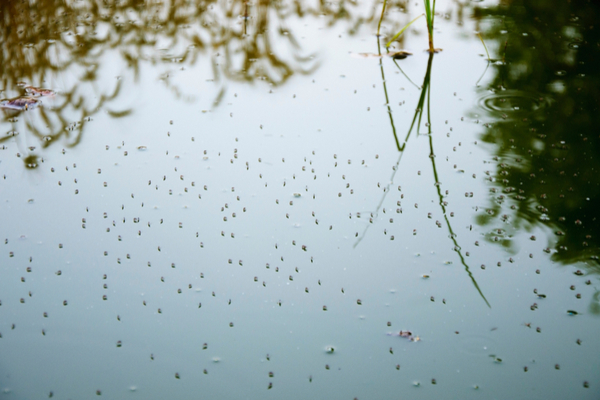
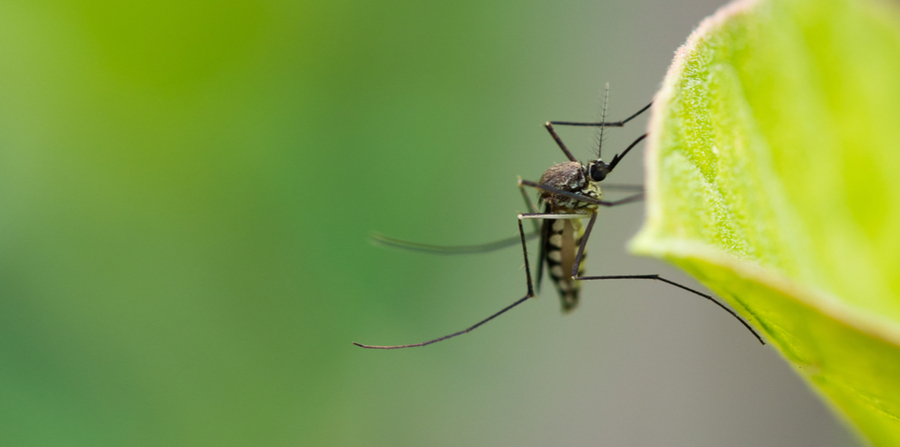
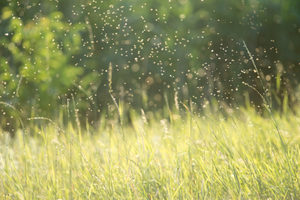 The primary factor that determines when mosquitoes reach peak activity is the
The primary factor that determines when mosquitoes reach peak activity is the 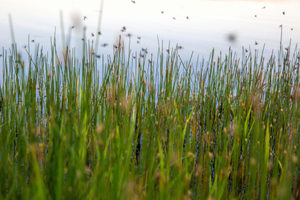 Although they can live just about anywhere,
Although they can live just about anywhere, 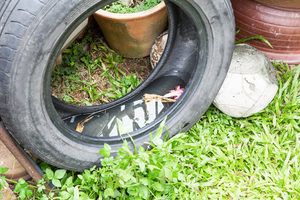 Mosquitoes can hunt anywhere, but they only live where they have a reliable source of water. If you can keep them from getting that water, you won’t have to
Mosquitoes can hunt anywhere, but they only live where they have a reliable source of water. If you can keep them from getting that water, you won’t have to